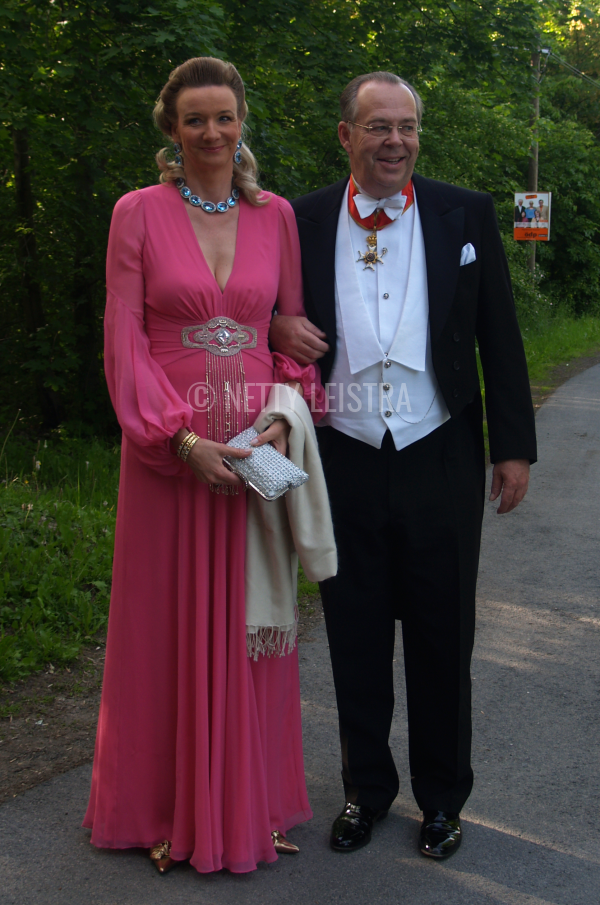Exploring German Noble Families: A Historical Journey
German noble families have played a significant role in shaping the history and culture of Germany and Europe as a whole. These families, with their rich heritage and complex lineages, have influenced politics, economy, and society throughout the centuries. In this article, we will delve into the fascinating world of German nobility, exploring their origins, notable families, and their lasting impact on contemporary society.
The concept of nobility in Germany dates back to the medieval period when the feudal system was established. Over time, various noble families emerged, each with their own unique stories, titles, and territories. Understanding these families not only provides insight into German history but also helps us appreciate the cultural legacy they have left behind.
Join us as we embark on this historical journey, uncovering the layers of German noble families, their significance, and the reasons they continue to capture the imagination of historians and enthusiasts alike.
Table of Contents
- 1. The Origins of German Nobility
- 2. Notable German Noble Families
- 3. The Role of Nobility in German History
- 4. The Decline of the Noble Class
- 5. Contemporary German Nobility
- 6. Biographies of Prominent Noble Families
- 7. Preservation of Noble Heritage
- 8. Conclusion: The Legacy of German Nobility
1. The Origins of German Nobility
The origins of German nobility can be traced back to the early medieval period when the Carolingian Empire established a system of land grants. Nobles were granted land in exchange for military service, leading to the formation of a distinct social class. The emergence of this class was influenced by several factors:
- Feudalism: The feudal system created a hierarchy where lords and vassals held power over lands and peasants.
- Land Ownership: Control over land was a primary source of wealth and influence for noble families.
- Marriage Alliances: Strategic marriages among noble families helped consolidate power and forge political alliances.
2. Notable German Noble Families
Throughout history, a number of noble families have emerged as prominent figures in German society. Here are some of the most notable families:
2.1 The Hohenzollerns
The House of Hohenzollern is one of the most influential noble families in German history. They produced several kings and emperors, including:
- Frederick I of Prussia
- Wilhelm I, German Emperor
- Wilhelm II, the last German Emperor
2.2 The Wittelsbachs
The Wittelsbach family has played a crucial role in Bavarian history. Their contributions include:
- Ruling Bavaria for nearly 800 years
- Producing several Holy Roman Emperors
2.3 The Sachsen-Coburg and Gotha
This family is known for its connections to various European monarchies, including:
- Queen Victoria of the United Kingdom
- King Ferdinand of Bulgaria
3. The Role of Nobility in German History
Nobility played a pivotal role in shaping the political landscape of Germany. Their influence extended to various aspects:
- Politics: Nobles often held key positions in government and military.
- Economy: Control over vast estates enabled them to influence trade and agriculture.
- Culture: Many nobles were patrons of the arts, promoting literature, music, and architecture.
4. The Decline of the Noble Class
The decline of the noble class began in the 19th century with the rise of democracy and nationalism. Key factors included:
- World War I and the subsequent abolition of monarchies
- The shift towards a more egalitarian society
- The impact of economic changes, such as industrialization
5. Contemporary German Nobility
Despite the decline, some noble families continue to exist today. They often engage in various enterprises, including:
- Philanthropy
- Business ventures
- Preserving cultural heritage
6. Biographies of Prominent Noble Families
To provide a deeper understanding, here are biographies of a few prominent noble families:
6.1 The House of Hohenzollern
| Name | Title | Reign |
|---|---|---|
| Frederick I | King of Prussia | 1701-1713 |
| Wilhelm I | German Emperor | 1861-1888 |
6.2 The Wittelsbach Family
| Name | Title | Reign |
|---|---|---|
| Louis I | King of Bavaria | 1825-1848 |
| Maximilian II | King of Bavaria | 1848-1864 |
7. Preservation of Noble Heritage
Efforts to preserve the heritage of German noble families include:
- Restoration of historic castles and estates
- Establishing foundations to support cultural projects
- Educational programs to teach about noble history
8. Conclusion: The Legacy of German Nobility
In conclusion, German noble families have left an indelible mark on history, culture, and society. Their influence continues to be felt in modern Germany, and understanding their legacy allows us to appreciate the complexities of the nation's past. We encourage readers to explore more about these families and their contributions to history.
We invite you to share your thoughts in the comments below, and don’t forget to share this article with others interested in German history. For more intriguing articles, feel free to explore our website!
Eve Jeffers: The Rise Of A Multi-Talented Star
Kabella Stagliano: The Rising Star Of Modern Cinema
Karon Riley: A Multifaceted Talent In The Entertainment Industry


